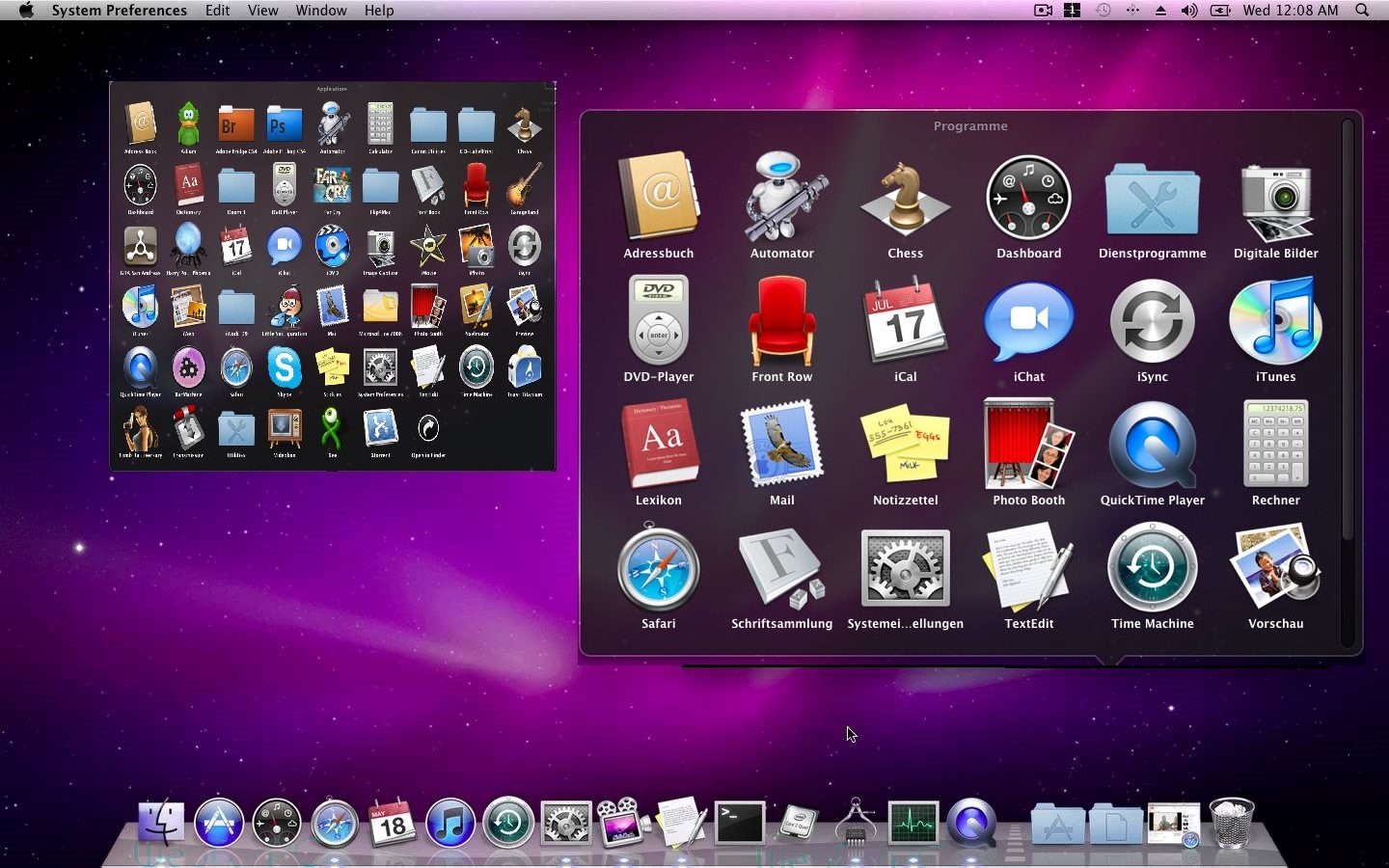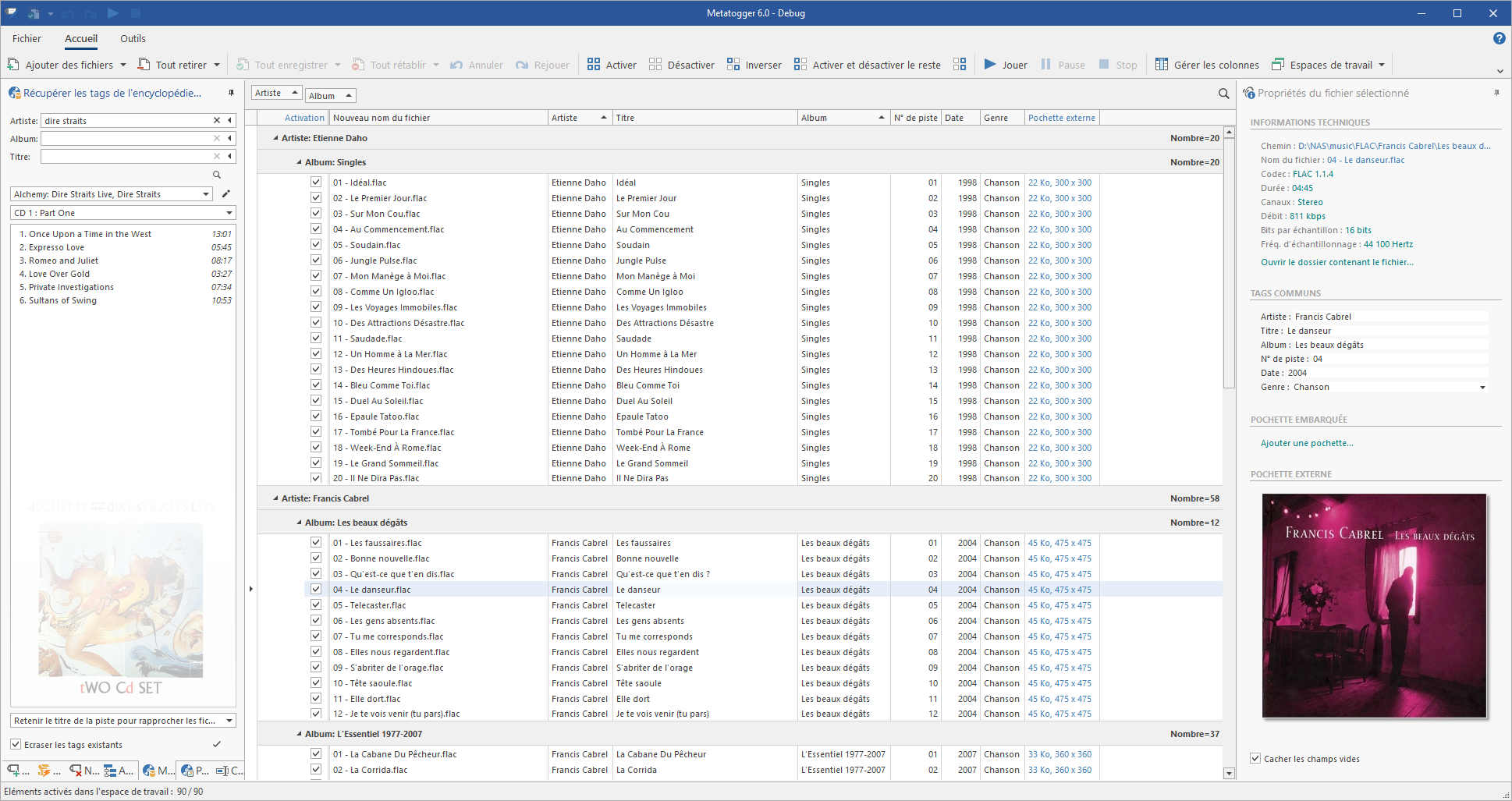

Plus, it could actually prevent your recordings as unbiased executables (.EXE), thus letting you carry you’re your automations throughout the quickest methodology doable. The one course of it's possible you'll carry out, as an illustration, is to doc the change of recordsdata from one folder to a special, then automate the tactic and thus with the power to do it as many cases as you need with the simple click on on of a button. Still, if you've a large music collection to be tagged, and you'd like to include extras like lyrics and cover art, then we think MetatOGGer will still save you time overall and it's definitely worth a closer look.TinyTask is a small software program, barely quite a lot of kilobytes in measurement, that allows you to doc and reproduce simple actions that you simply simply often carry out in your laptop computer. The slightly incomplete translation from the original French doesn't help, and tagging performance is a little slower than we'd like. The interface is a little strange, for instance: it may take a little while for you to figure out how everything works. The program isn't perfect, though, and has a number of annoyances. And if you'd like to be really thorough then you can even retrieve the lyrics and cover art for your music, optionally storing the results within your audio files.

Which, in our tests, proved to be around 85% of the time.

This analyses your audio files to produce a digital fingerprint, then checks the MusicBrainz database, and grabs any missing tags whenever it found a match. If the file names don't follow any conventional rules, though, you can always try the much more interesting "acoustic fingerprinting" approach. You could use it much like any other tag editor: add a bunch of tunes (MP3, OGG, WMA, FLAC, Speex, Musepack, WavPack and Monkey's Audio files are supported), then set tags manually, from file names or paths. Tired of your disorganised music collection? MetatOGGer is a smart tagging tool that can help bring order to the chaos.


 0 kommentar(er)
0 kommentar(er)
